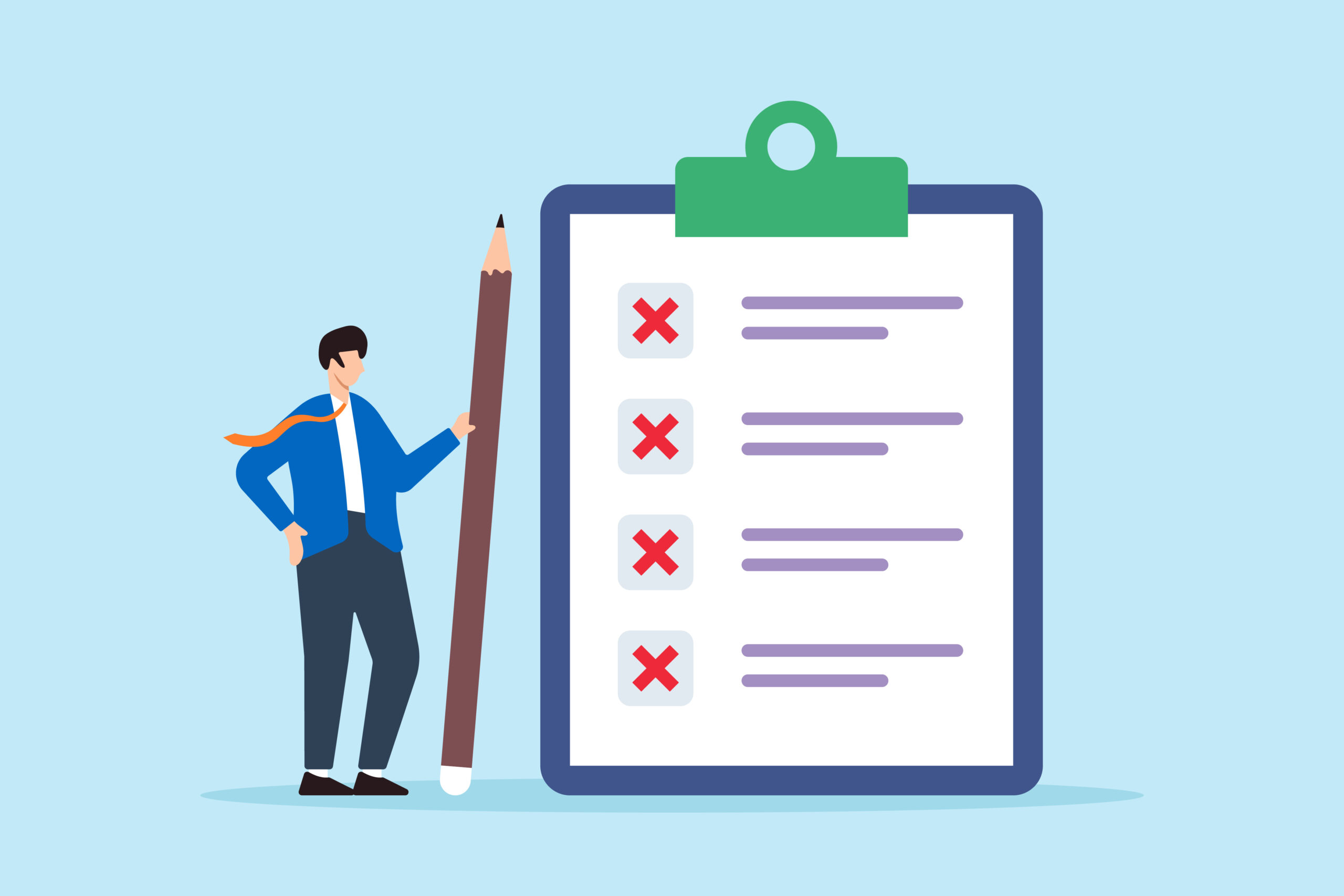MBC Blog
Stay informed with the latest insights, tips, and updates from Midwest BankCentre. Our blog covers a wide range of topics to help you navigate your financial journey, from personal and business banking advice to community initiatives and economic trends. Whether you’re looking to manage your money more effectively, grow your business, or stay connected with what’s happening in the St. Louis region, our blog is here to provide the information you need.
-

4 Ways to Lower Your Rate when Processing Credit Cards
At Midwest BankCentre, we know that you have a lot of choices for…
-

5 Things to Look for When Choosing a Credit Card Processor for Your Business
At Midwest BankCentre, we know that you have a lot of choices for…
-

Banking Technologies That Enhance Business Success
Banking Technologies That Enhance Business Success Technology has become an integral part of…
-

Building Generational Wealth
Building Generational Wealth: Where to Start Planning for your financial future and the…
-
 < 1
< 1Can You Use Home Equity to Buy Another House?
Home equity is the portion of your home’s value that you own outright,…
-

Community Revival: The Power of Good-Paying Jobs
Community Revival: The Power of Good-Paying Jobs On the two blocks where I…
-

Empowering Success: The Role of Community Banking in Women-Led Business Growth
Empowering Success: The Role of Community Banking in Women-Led Business Growth The Midwest…
-

End of Year HR Checklist: A Guide for Small Business Leaders
As we approach the end of the year, the human resources function becomes…
-

From Social Work to Banking: A Journey of Stewardship and Adaptation
From Social Work to Banking: A Journey of Stewardship and Adaptation I am…
-
 < 1
< 1Giving Back Within Budget: How to Make a Difference This Holiday Season
The holiday season is a time for joy, gratitude, and giving. For many,…
-

Handling Difficult Conversations: When Employee Performance Needs Improvement
It’s the time of year when many businesses are in the middle of…
-

How can I cultivate a stronger relationship with my bank?
A strong partnership with your bank offers many advantages, including access to tailored…

